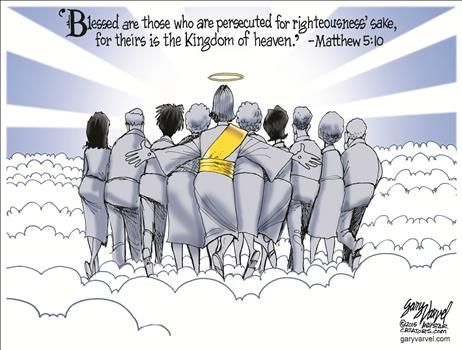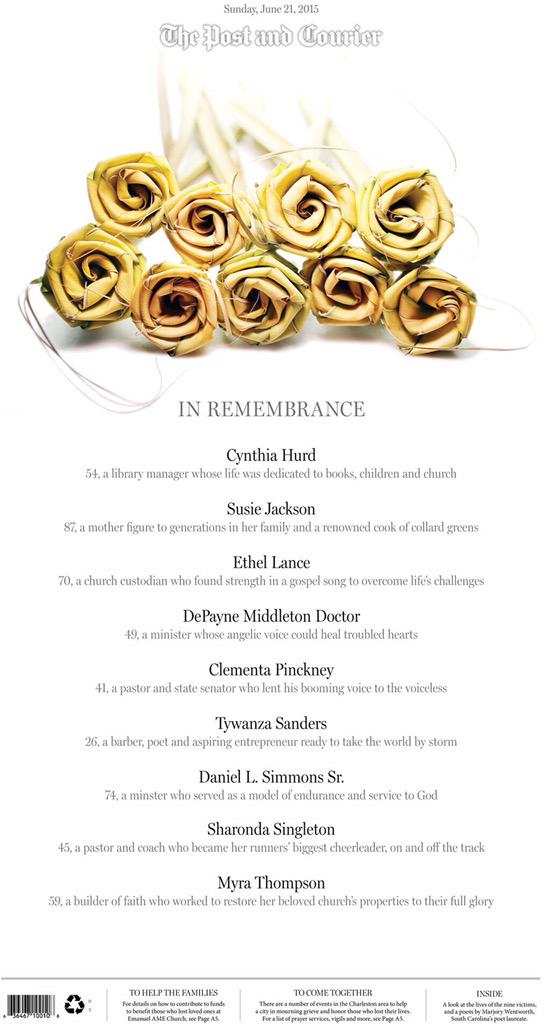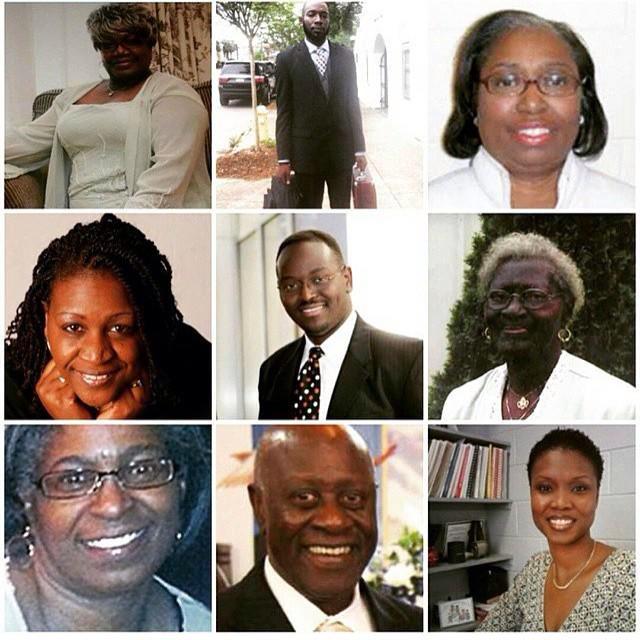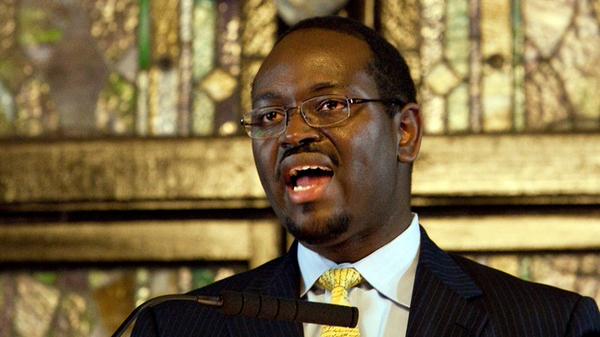None other Lamb, none other Name,None other Lamb, none other name, than the Lord – for thou art Life! Love’s fire thou art!
None other hope in Heav’n or earth or sea,
None other hiding place from guilt and shame,
None beside Thee!
My faith burns low, my hope burns low;
Only my heart’s desire cries out in me
By the deep thunder of its want and woe,
Cries out to Thee.
Lord, Thou art Life, though I be dead;
Love’s fire Thou art, however cold I be:
Nor Heav’n have I, nor place to lay my head,
Nor home, but Thee. Amen. (poem by Christina Rossetti)
Two people saw that life and love in Jesus – Jairus who was wealthy, well-connected and a religious leader came to Jesus to have him heal his daughter. Their journey is interrupted by an unnamed woman who was ill, impoverished, ritually unclean and looking for help.
To that woman who had been suffering from hemorrhages for twelve years, who endured much under many physicians, spent all that she had; and was no better, but worse, Jesus said to her after she touched his garment:
"Daughter, your faith has made you well; go in peace, and be healed of your disease."
To Jairus, one of the leaders of the synagogue, after hearing of his daughter’s death, Jesus said to him:
"Do not fear, only believe."
Illness and death. They were then and still are two of the great scourges of life. So much so that we fear illness & death. Think of all the superstitions built up around each of these, don’t talk about them or they might just happen to you. Hogwash. The more we talk about them, the more we bring them out into the light, the less we have to fear. We need not be slaves to the twin fears of illness and death. Jesus in his ministry tore down their power and lifted up life.
Our First Reading from the Wisdom of Solomon reminds us that “God did not make death and he does not delight in the death of the living. For he created all things so that they might exist; the generative forces of the world are wholesome…”
We are made to live, created in God’s own image. Death is the aberration. Wholeness is what God desires.
The response from Lamentations: “This I call to mind, and therefore I have hope: The steadfast love of the LORD never ceases, his mercies never come to an end; they are new every morning; great is your faithfulness. […]Although he causes grief, he will have compassion according to the abundance of his steadfast love; for he does not willingly afflict or grieve anyone.”
God is about life. There is no plan for God to afflict or grieve anyone. But God does use us, our situations and God’s life and love are there. God is with us when we mourn for the Charleston 9 and the hope/faith they were living in their lives. There will be darkness and anguish, but it is God who reminds us that death never has the final word, & Jesus reminds us to keep the faith, do not fear, but believe. It is to hold on to see things through believing that indeed God will give us strength, and there will come a time when indeed we will find that peace again. As one poet has put it:
What God Has Promised by Annie Johnson Flint
God has not promisedAnd sometimes, we learn the most about God’s promises from those who endure such suffering:
Skies always blue,
Flower-strewn pathways
All our lives through;
God has not promised
Sun without rain
Joy without sorrow,
Peace without pain.
But God has promised
Strength for the day,
Rest for the labor,
Light for the way,
Grace for the trials,
Help from above,
Unfailing sympathy,
Undying love.
A Canadian medical student volunteered to work in a clinic in Haiti in the wake of the 2010 earthquake that devastated that small Caribbean country. One night in the infirmary, after a hectic day, she met Emmanuella, who was fourteen years old and still in her gray school uniform. The medical student remembers:Emmanuella possesses the trust and faith of the sick woman in today's Gospel. Emmanuella recognized the compassion and healing of God in the dedication of the medical student and volunteers like her, just as the woman suffering from hemorrhages is convinced that Jesus can and will heal her.
"[Emmanuella] had the sweetest demeanor, but couldn't lift herself from the cot because she was in so much pain. After talking with her for a while, I asked if she would like to pray with me. She volunteered to pray first and shocked me because she started to pray for me. She thanked God for my being there and prayed that God would use me however He wanted. She then prayed that she would be able to draw closer to Him and that He would use her as well. She said only one sentence about the pain she was suffering. I had never heard such strength and selflessness in a prayer. After praying, she said matter-of-factly, 'God sent you here to be with me.'" [From "Prayer in the rubble" by Gabrielle Apollon, Dissent, Summer 2011.]
The author and Franciscan priest Richard Rohr says: “All great spirituality is about what we do with our pain.” Faith invites us into our pain and to bring the Mystery of that suffering into our relationship with the Spirit of Life & Love – with Jesus. Too often our fears cause us the most pain but faith can open us up to walk through our pain and suffering. Emmanuela did that. Many of the families of the Charleston 9 did.
“Although my grandfather and the other victims died at the hands of hate, this is proof, everyone’s plea for your soul, is proof that they lived in love and their legacies will live in love. So hate won’t win. And I just want to thank the court for making sure that hate doesn’t win.” Words from Wanda Simmons, granddaughter of Daniel Simmons who died in Emmanuel AME Church.It’s hard for me to imagine standing before the killer of a family member and offering words for his soul. Words based on love, forgiveness, grace. Wanda Simmons & the other family members challenge me to live into that hope that Jesus calls us to embody in what I say and do. For in Jesus love, hate won’t win.
"Do not fear, only believe." Jesus tells us, for God is life and love’s fire! May we truly believe this and live such love in our lives. Amen.


















